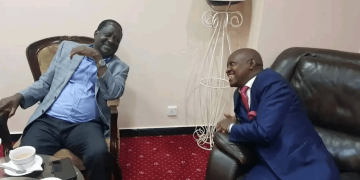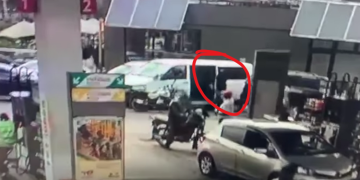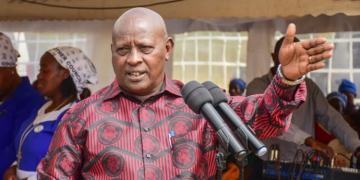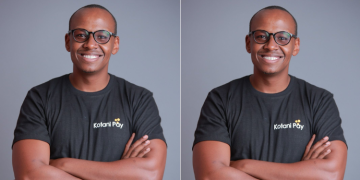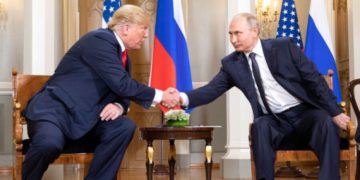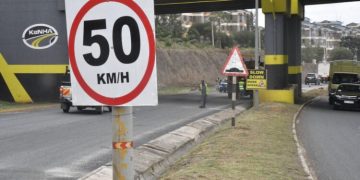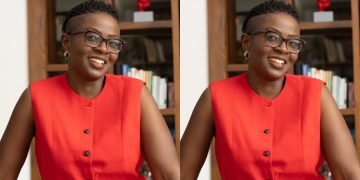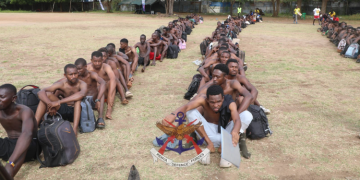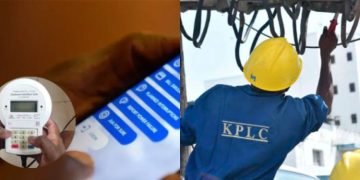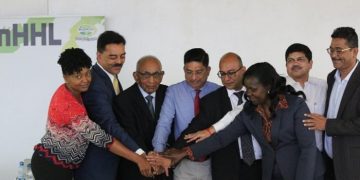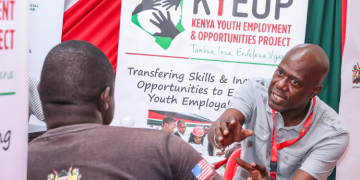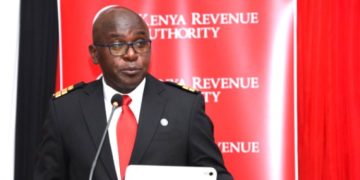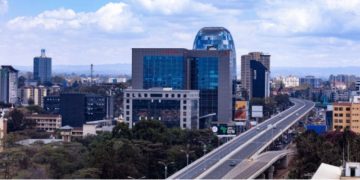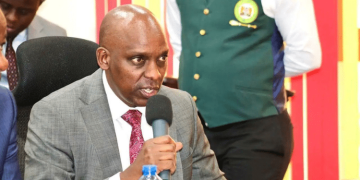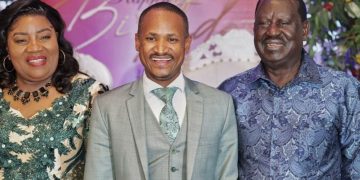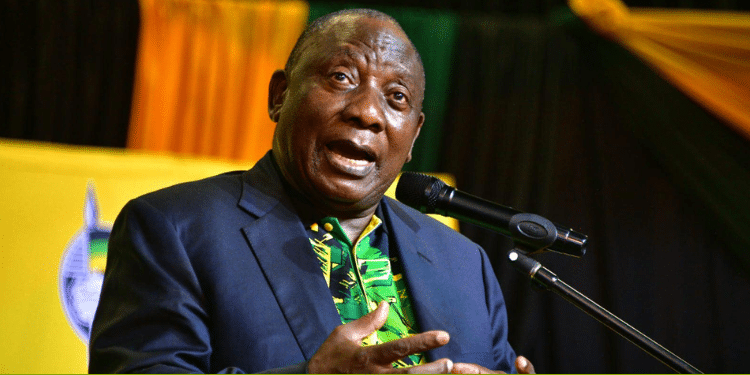South African President Cyril Ramaphosa arrived in Washington on May 21, 2025, with his delegation, seeking a diplomatic reset and a fresh start after months of strained relations with the President Donald Trump administration.
Instead, they encountered a bruising round of high-stakes diplomacy, tense, public, and laced with fiery questions from Trump.
The encounter unfolded like a live performance, broadcast to millions around the globe, with Trump playing the part of a host.
During a tense visit to the White House, US President Trump dimmed the Oval Office and played the video, claiming it showed the burial site of white victims of the genocide in South Africa.
“This is terrible. I’ve never seen anything like it,” Trump said.
However, despite the tension, the South African President stated that the meeting was successful.
In December 2017, Ramaphosa was elected the 13th President of the African National Congress (ANC) at the 54th National Conference in Johannesburg.
But Who Is Cyril Ramaphosa? Age & Education
Cyril Ramaphosa was born on 17 November 1952 in Johannesburg, South Africa. In 1962, his family was relocated from Western Native Township to Soweto, where he attended Tshilidzi Primary School.
He completed his high school education at Mphaphuli High School in Sibasa, Venda in 1971.
In 1972, Ramaphosa enrolled for a law degree at the University of the North, where he became actively involved in student politics.
While working as a law clerk at a Johannesburg law firm, he continued his legal studies through the University of South Africa (UNISA) and obtained his B. Proc degree in 1981.
His return to frontline politics began in December 2012 when he was elected Deputy President of the African National Congress (ANC) at its 53rd National Conference in Mangaung. He became Deputy President of South Africa on 25 May 2014.
Fighting the Apartheid in South Africa
He joined the South African Students Organisation (SASO) and the Black People’s Convention (BPC).
His activism led to his detention under the apartheid regime, where he was held in solitary confinement for 11 months in 1974 under Section 6 of the Terrorism Act for organizing pro-Frelimo rallies, and again for six months in 1976 following the Soweto student uprising.
Motlatsi and Elijah Barayi
As General Secretary, he grew the union’s membership from 6,000 to over 300,000, making it the most powerful union of its time. He notably led the historic 1987 mineworkers’ strike, one of the largest in South Africa’s history.
Also Read: Profile of Salva Kiir, South Sudan’s First President and His Rise to Power
Trade Unions
In 1982, at the request of the Council of Unions of South Africa (CUSA), Ramaphosa co-founded the National Union of Mineworkers (NUM) with James.
Ramaphosa was also a key figure in the founding of the Congress of South African Trade Unions (COSATU). As COSATU joined forces with the United Democratic Front (UDF), he became a prominent voice in the Mass Democratic Movement (MDM) against apartheid.
Due to increased political pressure, he went into hiding in July 1986 during the state of emergency.
Additionally, he also became active in global business and development policy, including roles such as Vice Chairman of the Global Business Coalition on HIV/AIDS, First Deputy Chairman of the Commonwealth Business Council, and Member of the UN Global Leadership Group on Business and Human Rights.
Also Read: Burkina Faso’s Ibrahim Traoré Is Making Waves in West Africa. Who Is He?
Achievements
In 1987, he was awarded the Olof Palme Prize in Stockholm. In 1991, he served as a visiting Professor of Law at Stanford University in the United States.
Additionally, he holds honorary doctorates from multiple institutions, including the University of Natal, University of Port Elizabeth, University of Cape Town, University of the North, University of Lesotho, University of Venda, and the University of Massachusetts (USA).
He is currently the Chancellor of the University of Mpumalanga.
Moreover, he served as a weapons inspector in Northern Ireland alongside former Finnish President Martti Ahtisaari. He was also a member of the International Commission of Intervention and State Sovereignty and the UN Panel on International Support to NEPAD.
Follow our WhatsApp Channel and X Account for real-time news updates.


